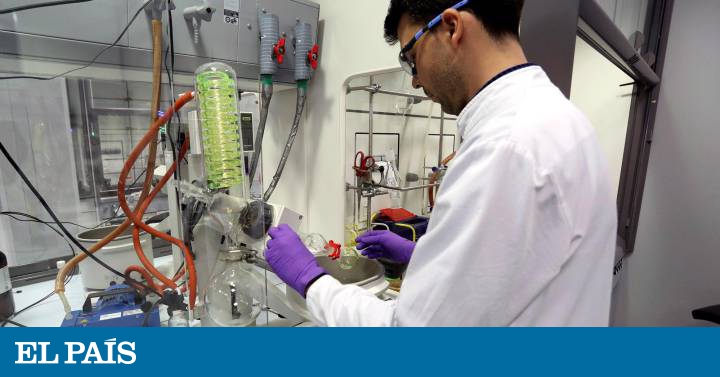Few people have doubts at this point about the role of science in the pandemic crisis. It was science that warned the world about the coronavirus, with dire results for the Wuhan physician who had the audacity to speak the truth in the first minute. It is science that is following the evolution of contagion, as far as the deficient official data allows, and that has recommended to the Governments the extraordinary measures of confinement that are now spreading across the planet like fire through straw. It was the one that warned against the saturation of intensive care units, the one that is testing drugs and antiviral cocktails under pressure, the one that warns about the worrying situation in Africa, the one that is investigating antivirals and vaccines. That is the role of science.
Previous editorials
More media
Exceptional plan
Loyal administration
Another thing is the place of science. Governments have an obligation to rely on it, but in the end it is they who have to make the crucial decisions. No scientist can order the confinement of the population, or decree where the exact point of balance is between the containment of the virus and the evident economic and social damage caused by the cessation of productive activity. Even the best scientific institution cannot do research on antivirals and vaccines if it does not receive funding. Just yesterday, a welcome injection of a billion dollars came out from a United States military agency - that is, from the White House - and by the pharmaceutical giant Johnson & Johnson to stimulate the development of a vaccine. It is governments that make those tough decisions and who can spur private investment in essential research. The situation calls for a standstill of the fat brush policy and the adoption of a rational style of governance, national and international.
Policy-makers cannot hide behind imaginary "scientific truth" to justify their actions, nor can the opposition use it in a biased way. Science is based on an incessant, conscientious and even cruel verification system with its own theories. There is no scientific truth, but a tenacious process to approach it, an evolutionary process that will never end. Science is not the Delphic oracle, but a persistent effort to know the world and our position in it. For it to work it needs financing, talent and administrative transparency. Governments have a key role there. Then they must listen to many other sectors and govern with an enlightened attitude.
You can follow EL PAÍS Opinion on Facebook, Twitter or subscribe here to the Newsletter.

